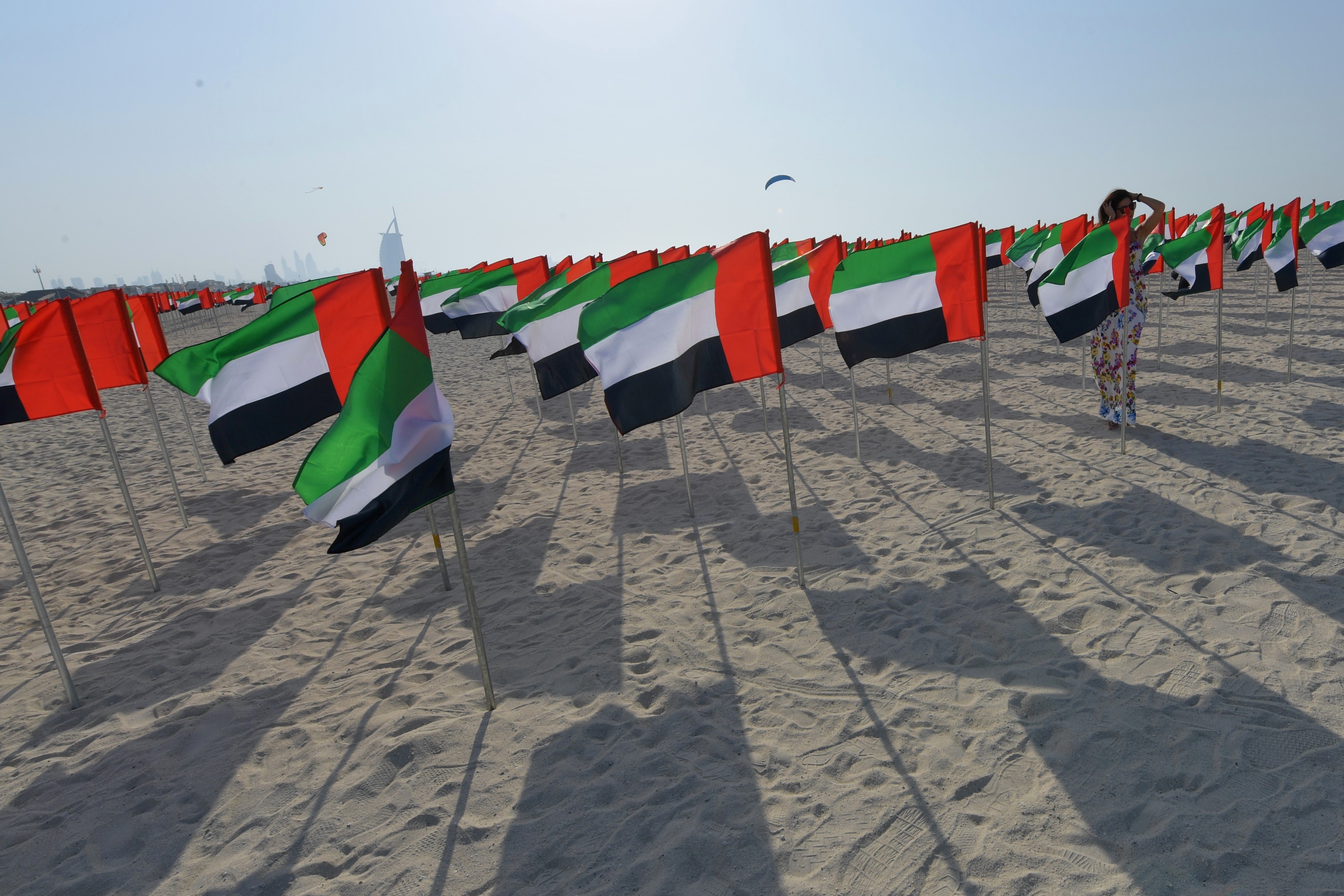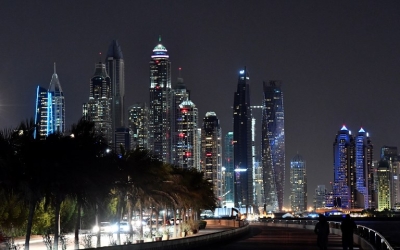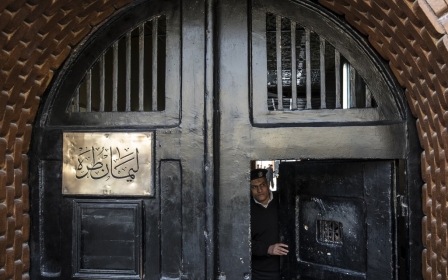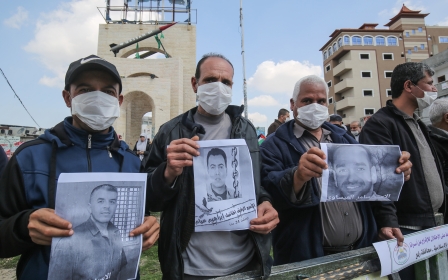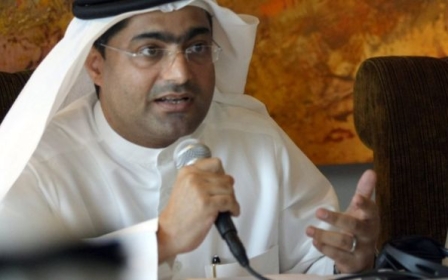UAE: Ahmed Mansoor and the true measure of patriotism
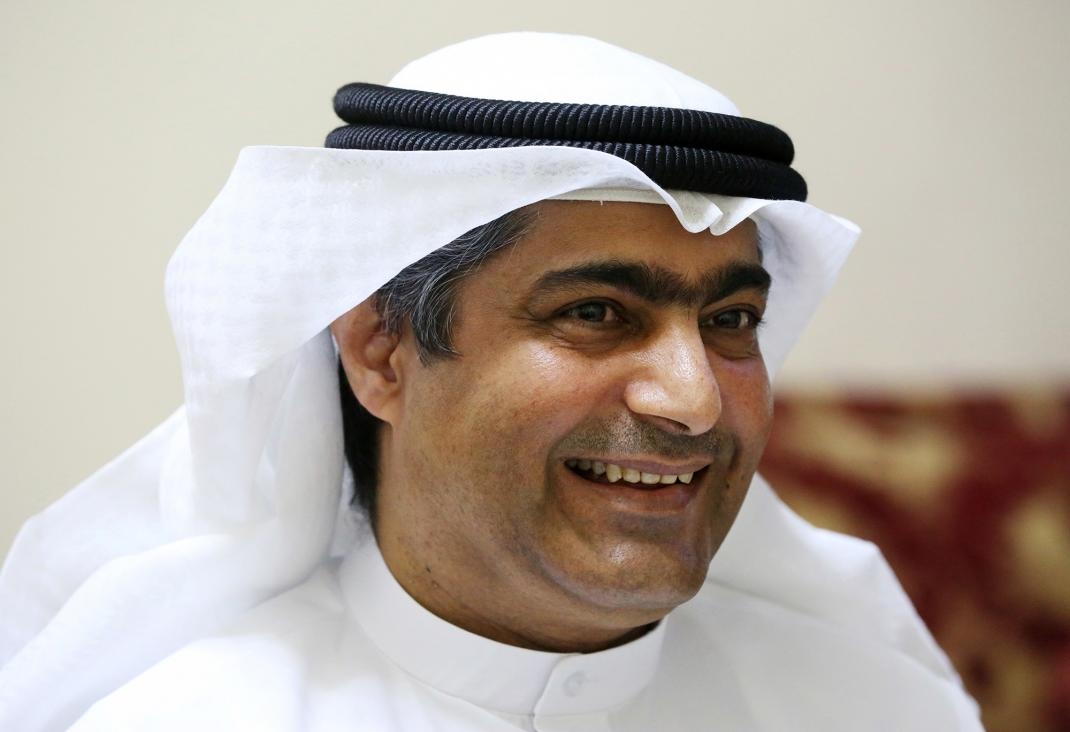
As the numbers of those with coronavirus continues to rise in the Middle East, authorities must give very serious consideration to releasing political prisoners.
Many of the region’s jails are filled with citizens whose only crime has been to criticise their government or to be otherwise perceived as "enemies of the state".
The worst offender
Egypt is the worst offender with an estimated 60,000 prisoners of conscience held in appalling conditions. Saudi Arabia has thousands detained including imprisoned Saudi human rights defenders Loujain al-Hathloul, Waleed Abu al-Khair and Naseema al-Sadah who have been nominated by a Norwegian MP for the 2020 Nobel Peace Prize.
Many of the region’s jails are filled with citizens whose only crime has been to criticise their government
Bahrain with an indigenous population of less than 750,000 has an estimated 4000 prisoners of conscience. Last week as the pandemic hit the tiny Gulf island nation hard, 1500 were released from jail. The veteran human rights campaigner Nabeel Rajab was not among those released.
New MEE newsletter: Jerusalem Dispatch
Sign up to get the latest insights and analysis on Israel-Palestine, alongside Turkey Unpacked and other MEE newsletters
The United Arab Emirates has jailed dozens of activists, including the distinguished Emirati human rights defender Ahmed Mansoor, together with members of the Muslim Brotherhood affiliated al-Islah.
The 'last man talking'
Allow me to tell you something about Ahmed Mansoor. I write about him because he is my friend but I think of all those others and especially of another friend Nabeel Rajab serving his sentence in Jau Prison.
Let me tell you a little about Ahmed because his story, his life, his great courage mirror all those incarcerated and abused in Middle East jails for having the courage to peacefully challenge their governments.
On 20 March it was exactly three years since Ahmed Mansoor was seized from his home and bundled into a 4x4 by men in black balaclavas. He was taken to an unknown place. His family had no idea where he was and for a year had virtually no contact with him.
He was denied access to a lawyer of his choosing. Nearly a year after he was taken, he was brought to court, sentenced to 10 years in jail and fined one million dirham ($272,300) after being convicted under draconian anti-terror laws and in a grossly unfair trial of "insulting the status and prestige of the UAE and its symbols including its leaders" and of "seeking to damage the relationship of the UAE with its neighbours by publishing false reports and information on social media."
In December 2018 his final appeal was rejected.
I remember once several years ago on a Skype call, Ahmed joked that he was "the last man talking" in the United Arab Emirates and the region about human rights violations. He pretty much was. Almost every other activist in the MENA region is in jail, in exile or silenced by the fear of what the authorities will do to them and to their loved ones.
A heavy price
Mansoor and his family have paid a heavy price for his human rights advocacy. In early 2011, after signing a petition calling for democratic and economic reforms, he was subjected to an online smear campaign orchestrated by the state security apparatus.
Western governments have shamefully abandoned the cause of human rights in the Middle East
It was a campaign that included many death threats. Then in April of that year, he was arrested, held in jail for nearly eight months and convicted of “insulting the rulers” in a trial that made a mockery of justice.
On 27 November 2011, Mansoor was sentenced to three years in jail. The next day, thanks largely to an international outcry he and four others sentenced with him were pardoned.
By the time he was released, he had already lost his job as a senior engineer in a telecommunications firm. Subsequently, the government refused to issue him a Certificate of Good Conduct. Without the certificate, he couldn’t be employed in either the private or public sectors.
His bank accounts were frozen. His passport was confiscated and he was banned from travel, a ban which the authorities refused to lift so he could receive in person the prestigious Martin Ennals Award for human rights defenders in Geneva in 2015.
Despite constant harassment and the ever-present threat of arrest, Ahmed continued to work with journalists like myself and with international human rights organisations. I asked him once why he persisted in going down a road that would lead again to his incarceration. He said: “The only way to counter repression is by revealing it. And yes there is always that possibility that I will go back to jail. But if we do not talk, who will?”
Courage and fortitude
Since his arrest he has been held in solitary confinement in a cell that measures four square metres. He has no mattress, his toilet is a hole in the floor. He is denied access to books and family visits and phone calls are routinely and capriciously denied. In September of last year he went on a hunger strike in protest.
Although he halted the strike after authorities allowed his family more access, his health is seriously compromised. Among his many great attributes Mansoor is a fine poet. When I think of him in that dank, cramped cell I think of this poem. It helps to remind me of his courage and of his fortitude:
What are all those stars for?
And the night
And the clouds
And the sky erected like a tent in the desert
In a place like this
Everything is
Luxury
Wall of silence
Western governments, our own included, have shamefully abandoned the cause of human rights in the Middle East in a tawdry trade-off for weapons sales and other lucrative business deals. In the face of egregious and awful abuse, there is a wall of silence, only occasionally punctured by politicians prodded into vague action by human rights organisations in the West.
If authorities across the MENA region were to follow Bahrain’s lead and begin to release some political prisoners from overcrowded jails in response to the coronavirus it is unlikely that, as with Nabeel Rajab, high profile human rights campaigners like Ahmed will be freed.
He should be. Ahmed Mansoor, like all those others who have fought tirelessly and have paid dearly for the right to speak freely, is a patriot. He is, to use the Cambridge Dictionary definition, "a person who loves their country and if necessary will fight for it." The fight for human rights and dignity for all is the true measure of patriotism.
With the world at war with Covid-19, we are sorely in need of such patriots.
The views expressed in this article belong to the author and do not necessarily reflect the editorial policy of Middle East Eye.
Middle East Eye delivers independent and unrivalled coverage and analysis of the Middle East, North Africa and beyond. To learn more about republishing this content and the associated fees, please fill out this form. More about MEE can be found here.



